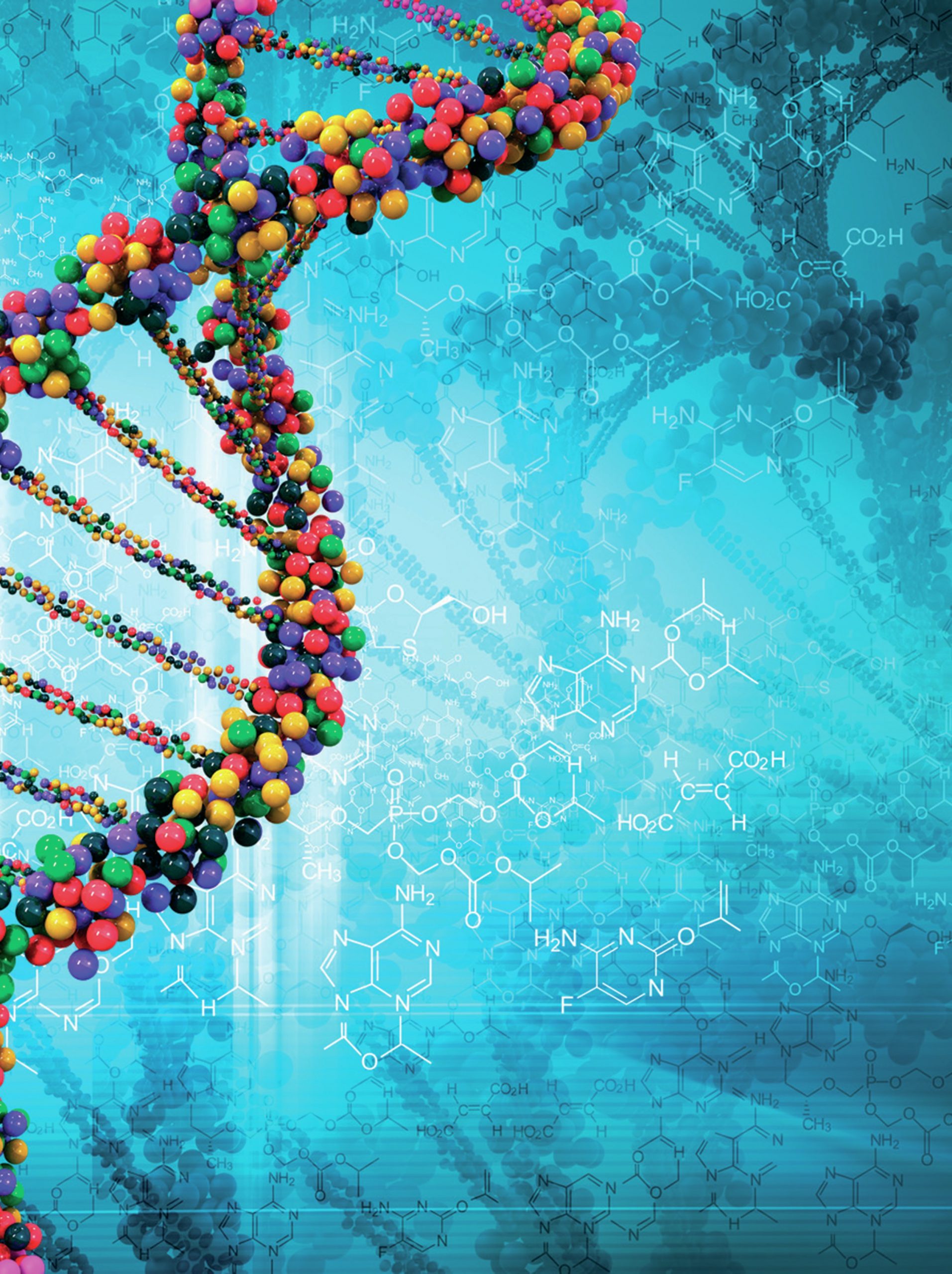
In the postmodern world it is a popular claim that religious beliefs no longer have a role to play in making medical decisions, and that human development can advance all the more if we are willing to ignore religious beliefs. Anti-religionists may argue that religious beliefs only frustrate medical advancement which depends on embryo research or making controversial decisions about when life begins and ends. However, it may equally be claimed that it is a mistake to ignore the role of religious beliefs, which provide vital boundaries and guidelines when making medical decisions — boundaries that are often intuitively moral to atheist, agnostic and believer.
The area of developing genetic technologies is one of the most exciting, promising and yet challenging in the field of medical advancement and the associated medical ethics. The twenty-first century has seen fiction become close to fact with saviour siblings, pre-genetic diagnosis, stem cell therapy and cord blood storage. All these can be brought under the broad umbrella of genetic engineering, the manipulation of genetic material in order to change its character, e.g. to ensure that the resulting embryo possesses particularly desirable characteristics, such as genetic compatibility with a pre-existing sibling, or to remove genetically undesirable traits such as inheritable diseases or predisposition to certain conditions such as alcoholism or cancer.
Your organisation does not have access to this article.
Sign up today to give your students the edge they need to achieve their best grades with subject expertise
Subscribe




